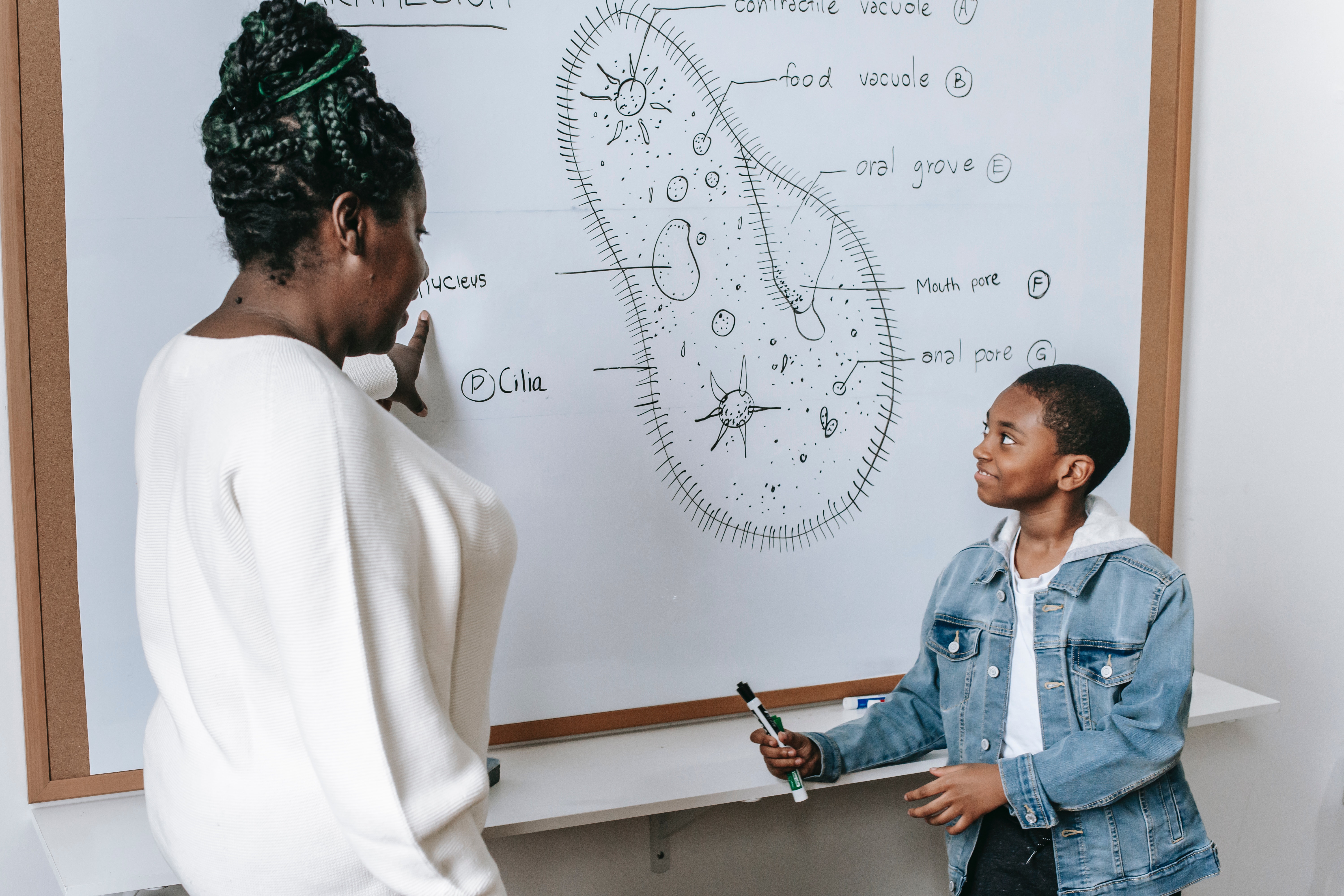Abstract
This article explores the experiences of three Black female doctoral students and one White female professor as they engaged in a doctoral seminar course on the redesign of an undergraduate urban teacher preparation program at their university. Borne out of a promise to one another to write about our experiences navigating increasingly complex and politicized dynamics within the college, we explore how we, as current and future teacher educators, make sense of reform in teacher preparation. We drew from the literature on neoliberalism, whiteness as a wicked problem in teacher education, colonialism, and teacher educators’ work in the “swamp” throughout our course, for our proposals, and this article. We utilized poetic inquiry methodology to explore the real, everyday implications of program redesign in our lives and our careers. Equally important is our use of critical race theory to examine and make sense of our experiences as we engaged in this work. We discuss differences across our program redesigns, our reflections on why those differences might exist, and a reflection on the process of engaging in this way in a doctoral program. Our findings revealed feelings of discomfort with and resistance to a teacher education program redesign that centers racialized contexts in the spirit of social justice. We concluded with implications for research, policy, and the practice of teacher education as we write to understand, write to resist, and write to survive.
Authors retain copyright control of articles published in the journal. Reprints cannot be granted for articles in new issues. Except in these cases, those who wish to reprint articles, large excerpts, figures, graphs, tables, or images should contact authors directly. When referencing any published articles from this online journal, JAAWGE is to be credited as the publication outlet. We suggest including the URL link to JAAWGE. Permission to copy an article is provided to all subscribers, but cannot be sold, except by its author(s). Authors are free to disseminate and post their articles.

